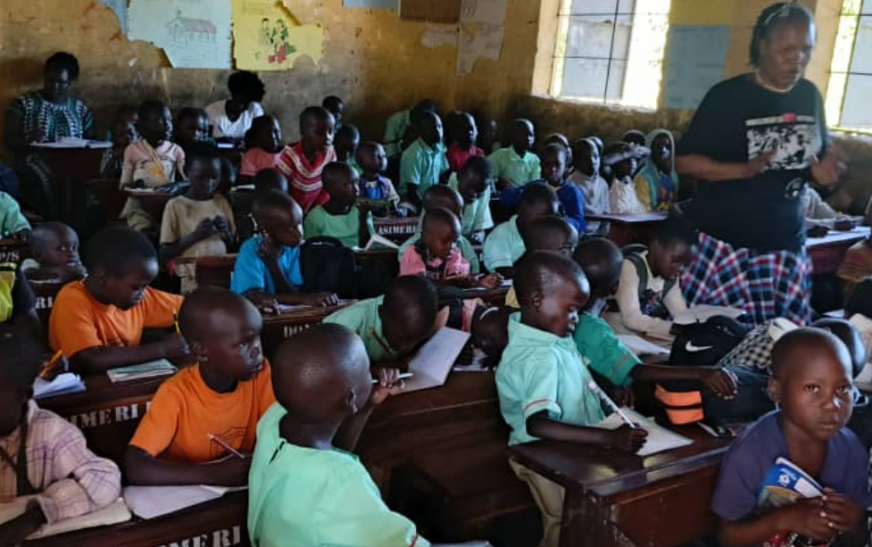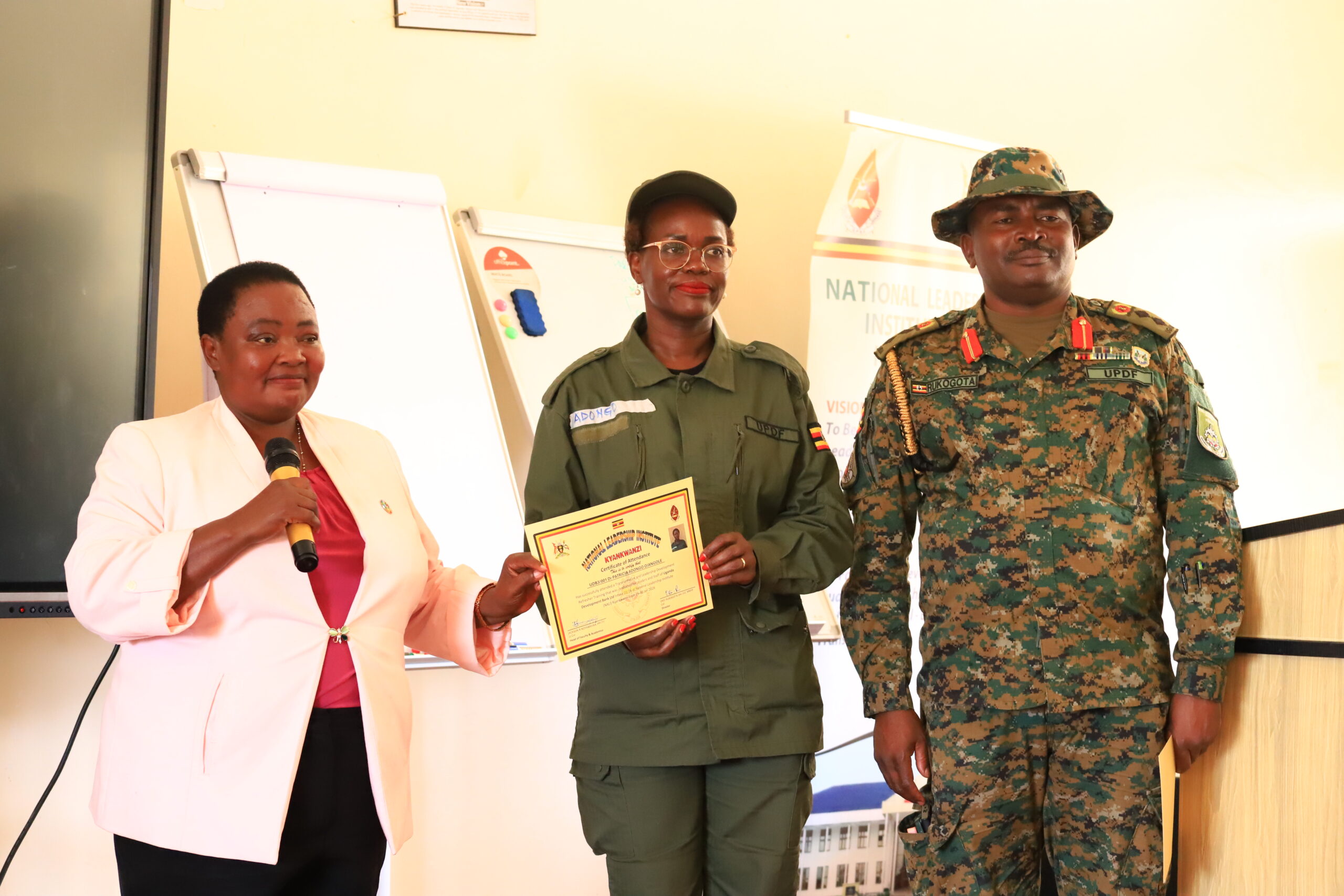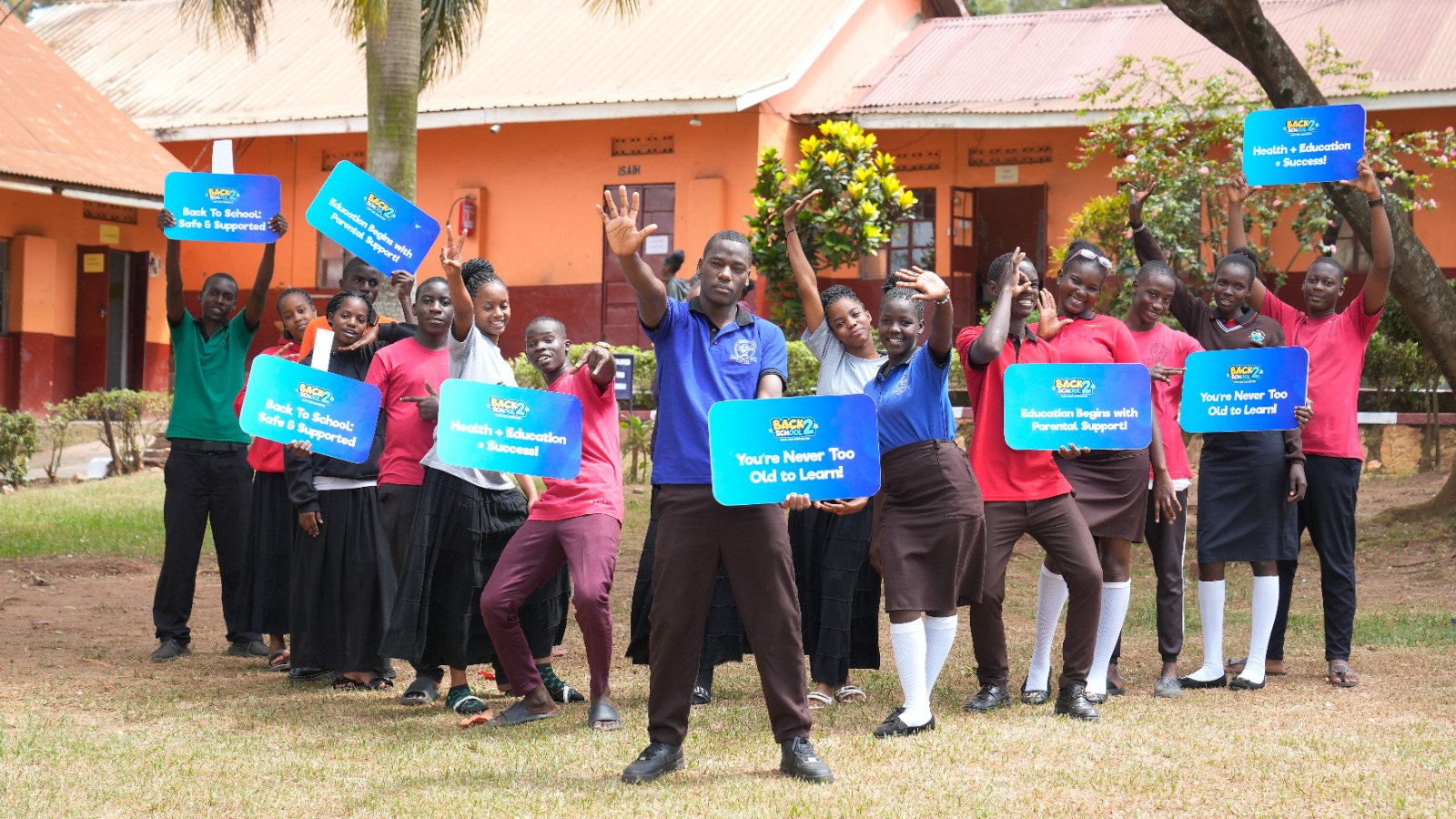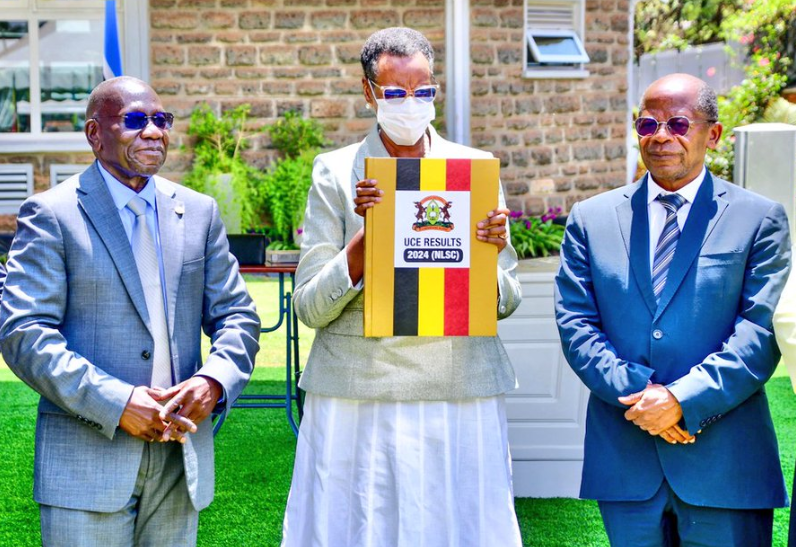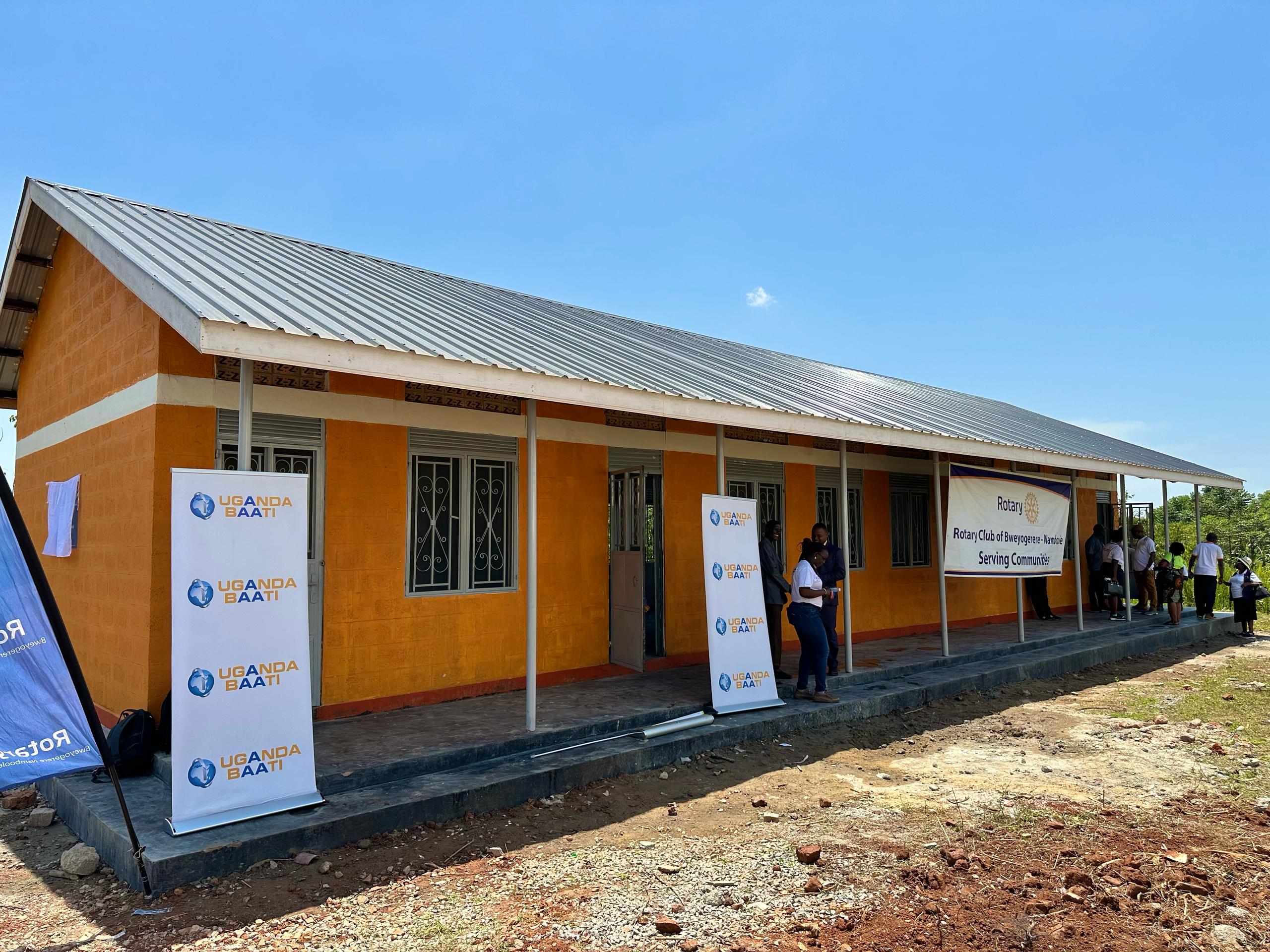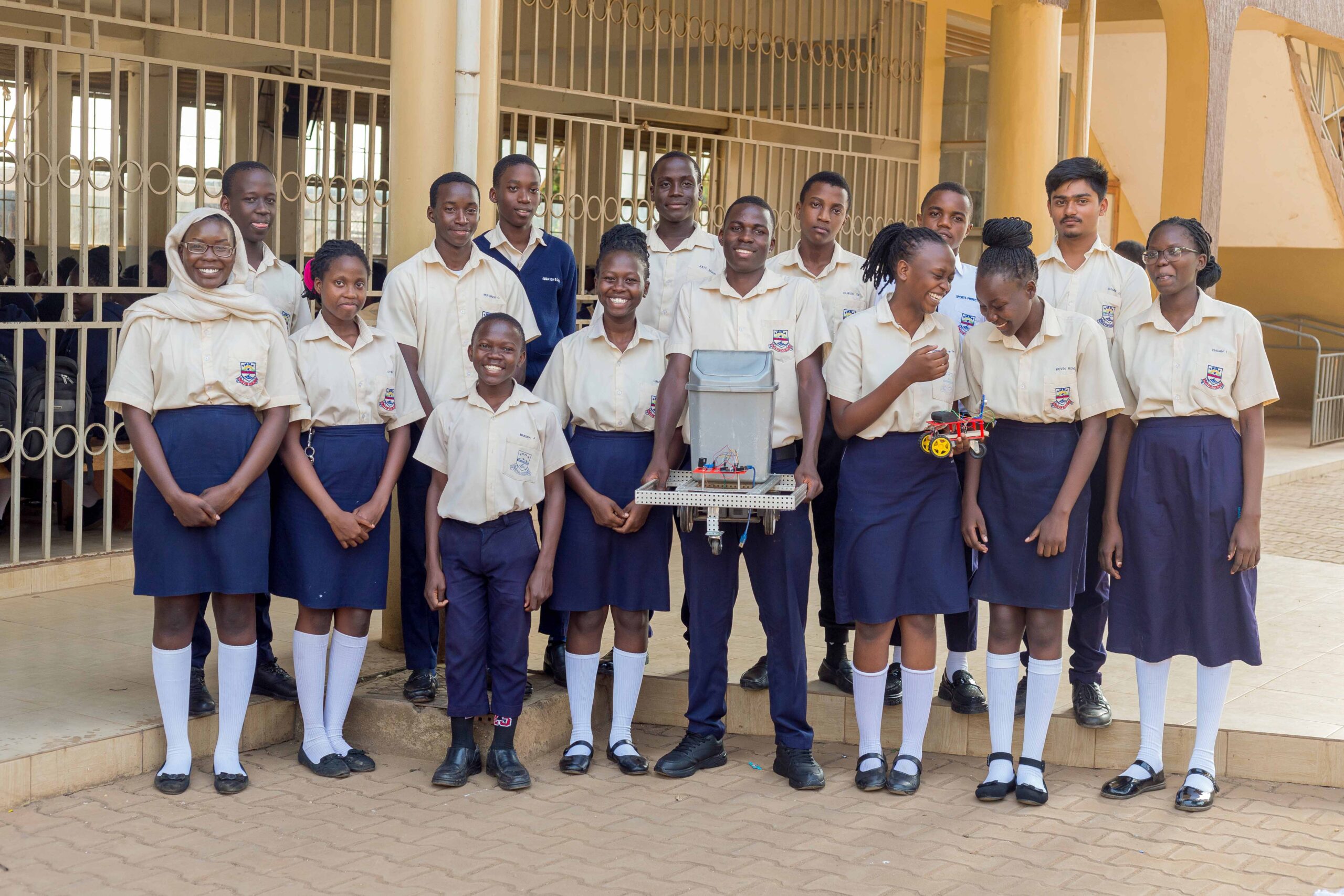The United Nations World Food Programme (WFP) has received Shs 2.5 billion (US$680,000) from the Government of Uganda to support Home-Grown School Feeding programmes in Karamoja, northeast Uganda.
WFP currently provides daily nutritious meals to 250,000 children in 320 schools across Karamoja through this programme. By sourcing food locally from smallholder farmers and school gardens, the initiative ensures children receive safe, diverse, and nutritious meals. School feeding has been shown to increase attendance, boost enrolment, and reduce dropout rates.
“School feeding is a powerful investment in the future nourishing children with healthy, locally sourced meals while empowering smallholder farmers and strengthening communities,” said Marcus Prior, WFP’s acting Country Representative in Uganda. “By working with the Government of Uganda, we are creating sustainable solutions that enhance education, nutrition, and long-term food security.”
The five-year contribution is part of the “Karamoja Feeds Karamoja” initiative, implemented through the Office of the Prime Minister and the Ministry of Karamoja Affairs in coordination with the Ministry of Education and Sports. Launched in 2014, the initiative prioritizes purchasing locally grown food for school feeding programmes.
“By buying food directly from farmer organizations in Karamoja, the government aims to stimulate smallholder production and boost the local economy,” said Hon. Dr. Peter Lokeris, Minister for Karamoja Affairs. “This initiative highlights the government’s commitment to fostering sustainable development in the region.”
Uganda is a member of the School Meals Coalition, a global, government-led initiative supported by over 140 partners and hosted by WFP. In April 2024, Uganda announced its national commitments to school meals, and this latest investment in Karamoja translates that commitment into action—leveraging national resources to support children’s health and education.
The United Nations World Food Programme is the world’s largest humanitarian organization, providing life-saving food assistance in emergencies and building pathways to peace, stability, and prosperity for communities recovering from conflict, disasters, and climate change.

